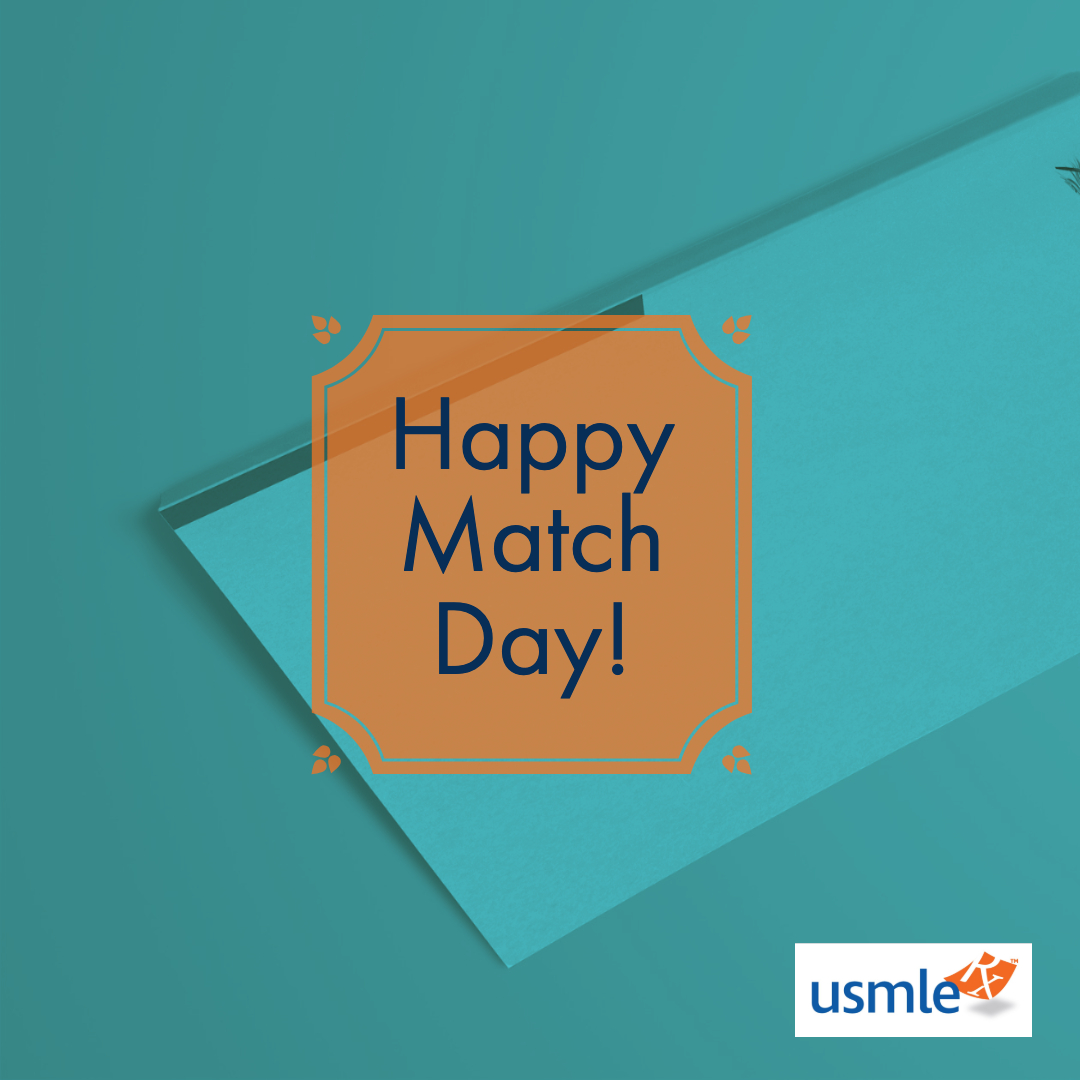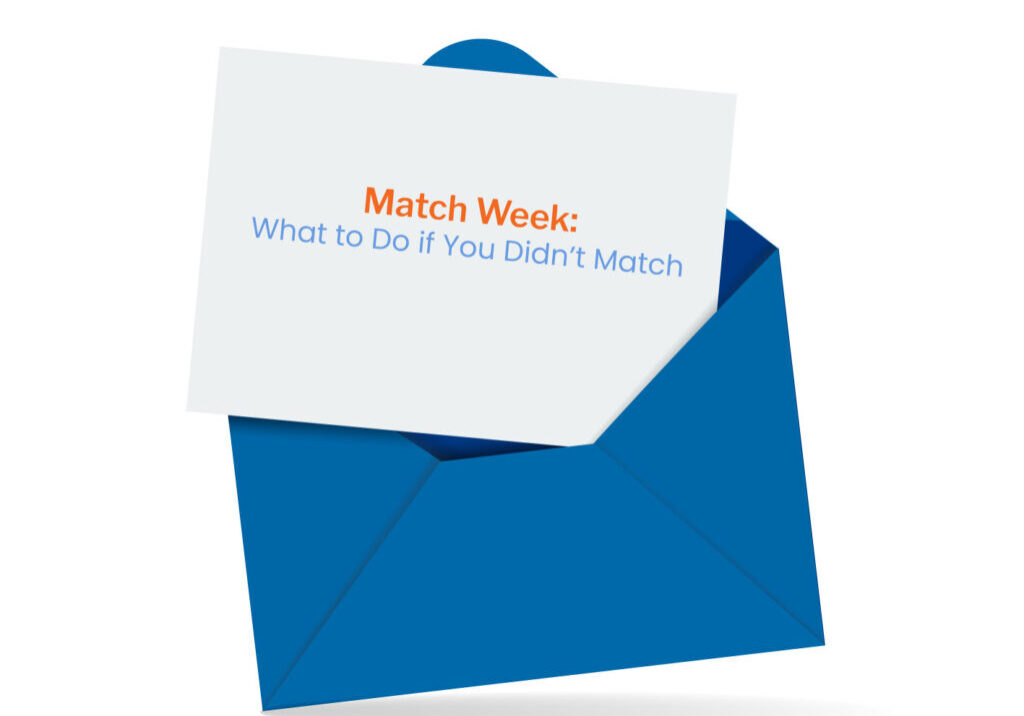
This is a big day for many of you, one that you’ve been anticipating for weeks and months, if not years. We hope that it’s a memorable one for all of the right reasons.
Here are some posts from the past few years that we’ve published surrounding The Match. Enjoy the pomp and circumstance! And feel free to share your Match story with us.
“I recall the advice that one of my histology professors gave me at the beginning of medical school: “medical training will get harder, but you will get better.” As I am writing this, Russ and I are telling the interns these funny stories about our first month. It is a humbling experience and an important one, too….At the end of the day, it isn’t about how much you know, or think you know, it’s how you connect with people and help them when they need it. It’s about how much you are willing to learn, to push yourself and how much you care. That is what is important.
“I got an email with those magical words…“Congratulations, you have matched!” I remember where I was, what I was doing (spamming the F5 key on my laptop on my Gmail), what I was wearing, and who I was with. I remember reading those words again and again in disbelief…the moment is absolutely indescribable!I still have my Match email stored in my “important” folder in my Gmail. As an intern, residency can be rough, unrelenting, and you may even doubt if medicine is what you are cut out for. When I need a boost, I turn to that email; that moment meant everything to me. My hard work and dedication got me to that point.”
“For those who wonder exactly what goes on in the magic hat (that’s my metaphor…I don’t think the NRMP uses a real hat) of the process we call the Match, I will attempt to explain. Every year, I hear seniors say, “Ooooooh, that’s how it works. So how can I game the system?” Hopefully by the end of this post, you will learn that one, you shouldn’t try to play games with the match, and two, there’s no need to; it is designed to work in the applicant’s favor. Your ethical views on the overall match aside, it’s a pretty genius way of getting people where they want to be.”
“Let’s first start with the ‘what went wrong’ part. Sit down and read a printout of your application. Highlight the items you think made you a less a competitive applicant. How are your USMLE scores? Did you do elective clerkships or have any US experience? Was your US experience relevant to the programs you were interested in? How was your personal statement? Aside from the application itself, how was your interview performance? Did you practice enough beforehand? Do you think you needed to participate in an interview training course?”



